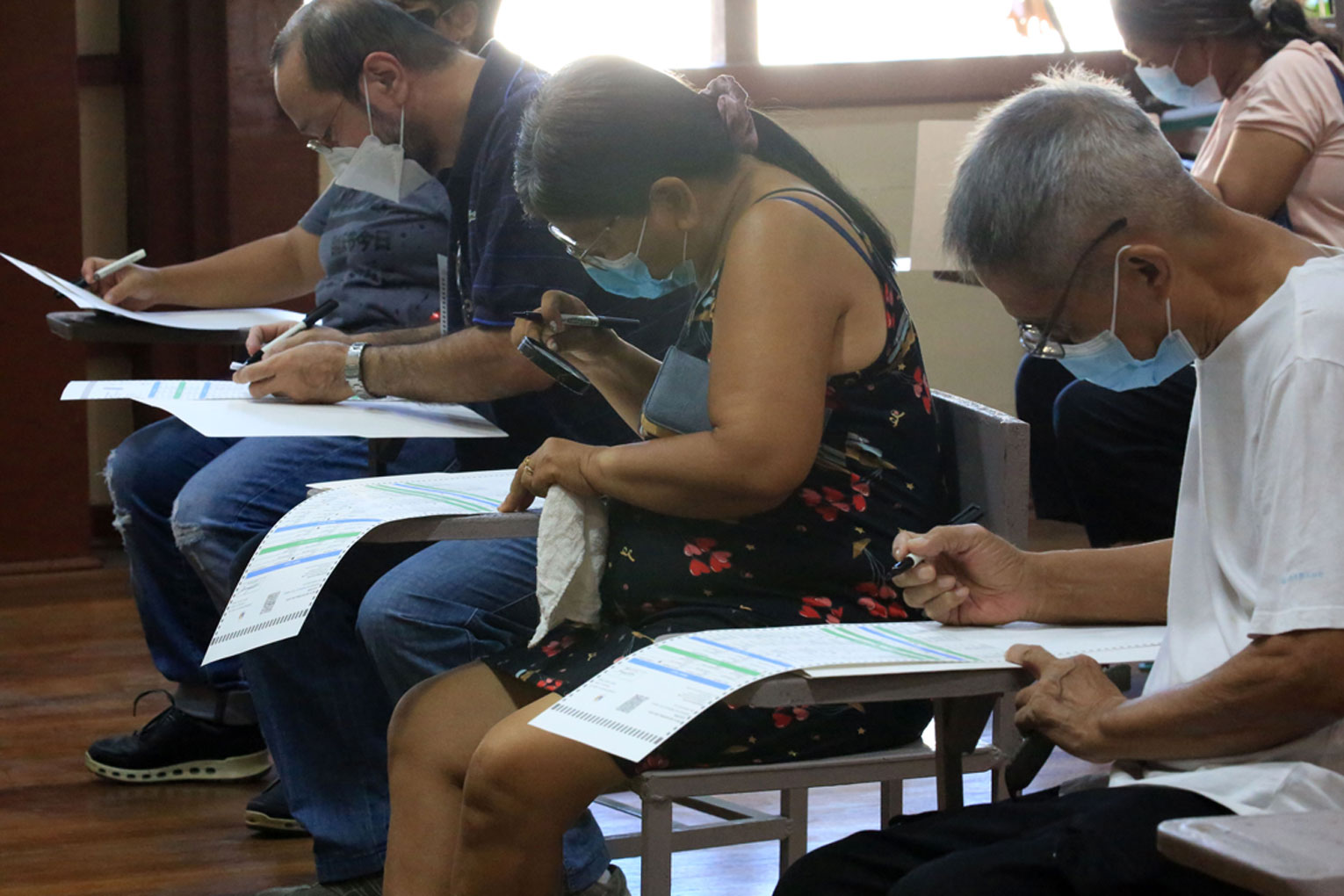
THE Department of Foreign Affairs (DFA) takes any indication of foreign interference and malign influence operations seriously and supports all efforts by national security and law enforcement agencies to counter them, it said on Monday.
The statement came after Philippine President Ferdinand R. Marcos, Jr. last week ordered an investigation into alleged foreign interference in next month’s midterm elections after a top security official’s warning that Chinese state-sponsored groups may be attempting to influence the outcome.
 China has rejected the accusations.
China has rejected the accusations.
Some 68.4 million Filipinos will be electing 12 senators, hundreds of members of the House of Representatives, and thousands of local government officials on May 12.
The Commission on Elections (Comelec) on Monday kicked off the three-day local absentee voting (LAV) for almost 58,000 voters. It will run until April 30, 5 p.m.
Absentee voters include members of the Armed Forces of the Philippines (AFP), the Philippine National Police (PNP), and media practitioners whose duty falls on election day.
“This is the first time LAV is automated. That means there are no machines at every location where local absentee voters will vote,” Chairman George Erwin M. Garcia told reporters in Filipino.
He added that the ballots of local absentee voters will be safely kept inside sealed envelopes, which will be opened on the evening of May 12, the election day.
All ballots will simultaneously be fed into machines in the Comelec’s main office on May 12.
The Commission is expecting an 80% voter turnout for this year’s absentee voting, similar to the turnout during the 2022 presidential elections.
Comelec earlier opened the month-long voting period for 1.2 million overseas voters, with 77 out of 90 Philippine diplomatic posts participating in the first-ever internet voting for the 2025 midterm elections. At least 16 posts will still be using automated counting machines (ACMs).
Comelec reported that an average of 10,000 overseas voters have cast their ballots daily through internet voting since April 13.
Several overseas Filipino voters have raised their concerns on social media about alleged changes to their votes after scanning the QR codes on their ballots.
The Comelec, however, assured the public there was no electoral fraud, clarifying that the list of names voters saw after casting their ballots through the Online Voting and Counting System was part of the system’s encrypted scripts, not a display of the candidates they voted for. — Chloe Mari A. Hufana with Reuters